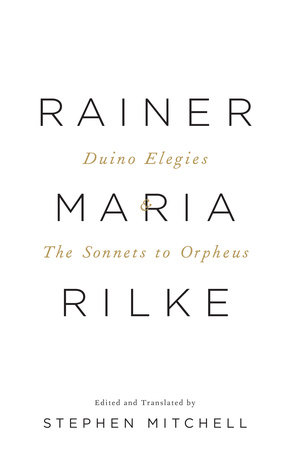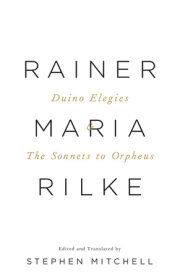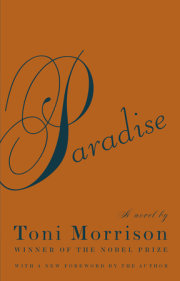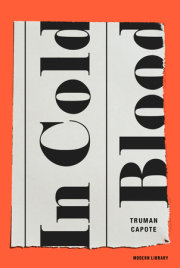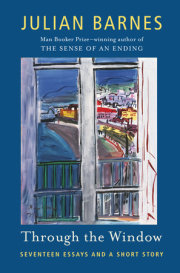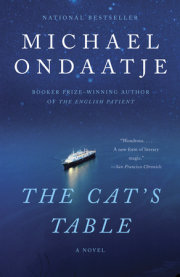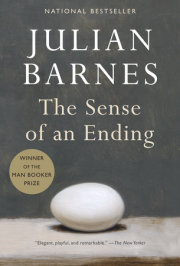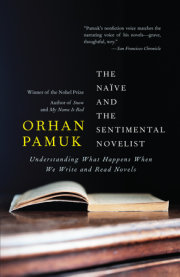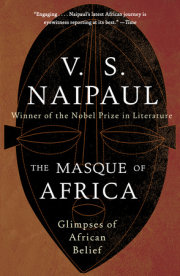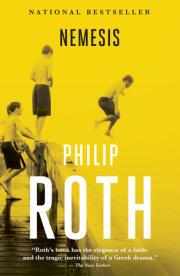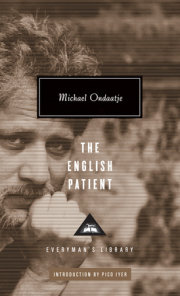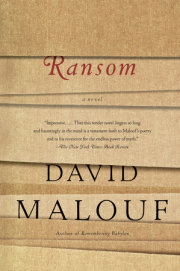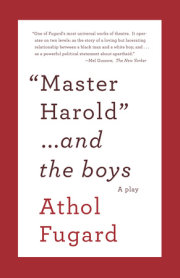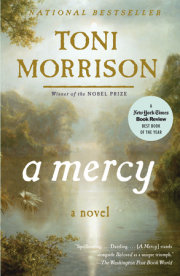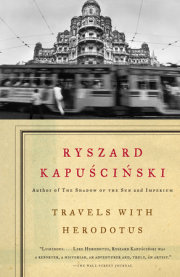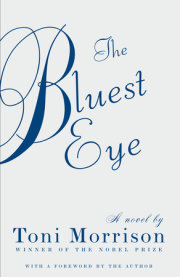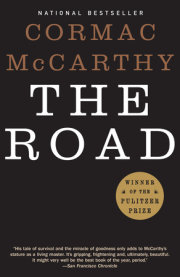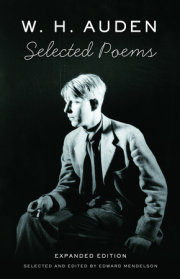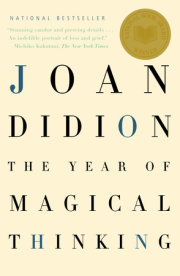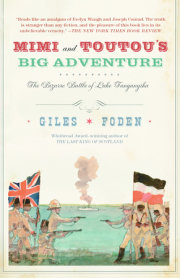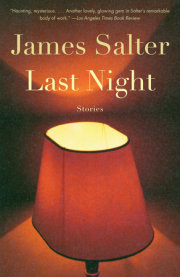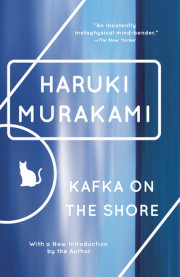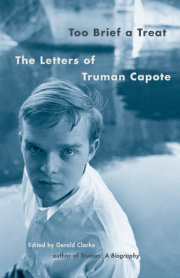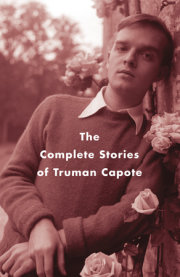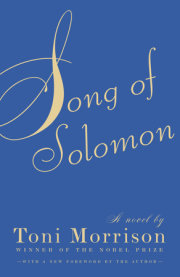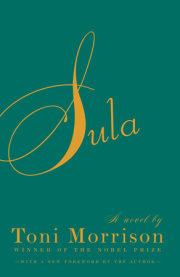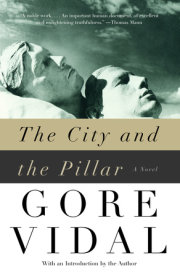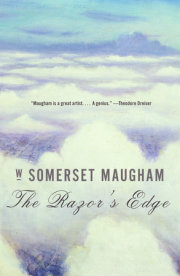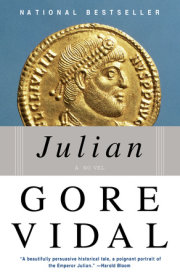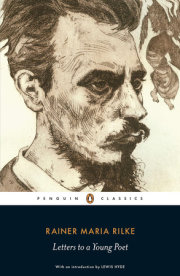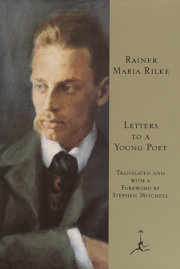THE SONNETS TO ORPHEUS
FIRST PART
I
A tree ascended there. Oh pure transcendence!
Oh Orpheus sings! Oh tall tree in the ear!
And all things hushed. Yet even in that silence
a new beginning, beckoning, change appeared.
Creatures of stillness crowded from the bright
unbound forest, out of their lairs and nests;
and it was not from any dullness, not
from fear, that they were so quiet in themselves,
but from just listening. Bellow, roar, shriek
seemed small inside their hearts. And where there had been
at most a makeshift hut to receive the music,
a shelter nailed up out of their darkest longing,
with an entryway that shuddered in the wind—
you built a temple deep inside their hearing.
II
And it was almost a girl and came to be
out of this single joy of song and lyre
and through her green veils shone forth radiantly
and made herself a bed inside my ear.
And slept there. And her sleep was everything:
the awesome trees, the distances I had felt
so deeply that I could touch them, meadows in spring:
all wonders that had ever seized my heart.
She slept the world. Singing god, how was that first
sleep so perfect that she had no desire
ever to wake? See: she arose and slept.
Where is her death now? Ah, will you discover
this theme before your song consumes itself?—
Where is she vanishing? . . . A girl almost . . . .
Copyright © 1982 by Stephen Mitchell. All rights reserved. No part of this excerpt may be reproduced or reprinted without permission in writing from the publisher.

